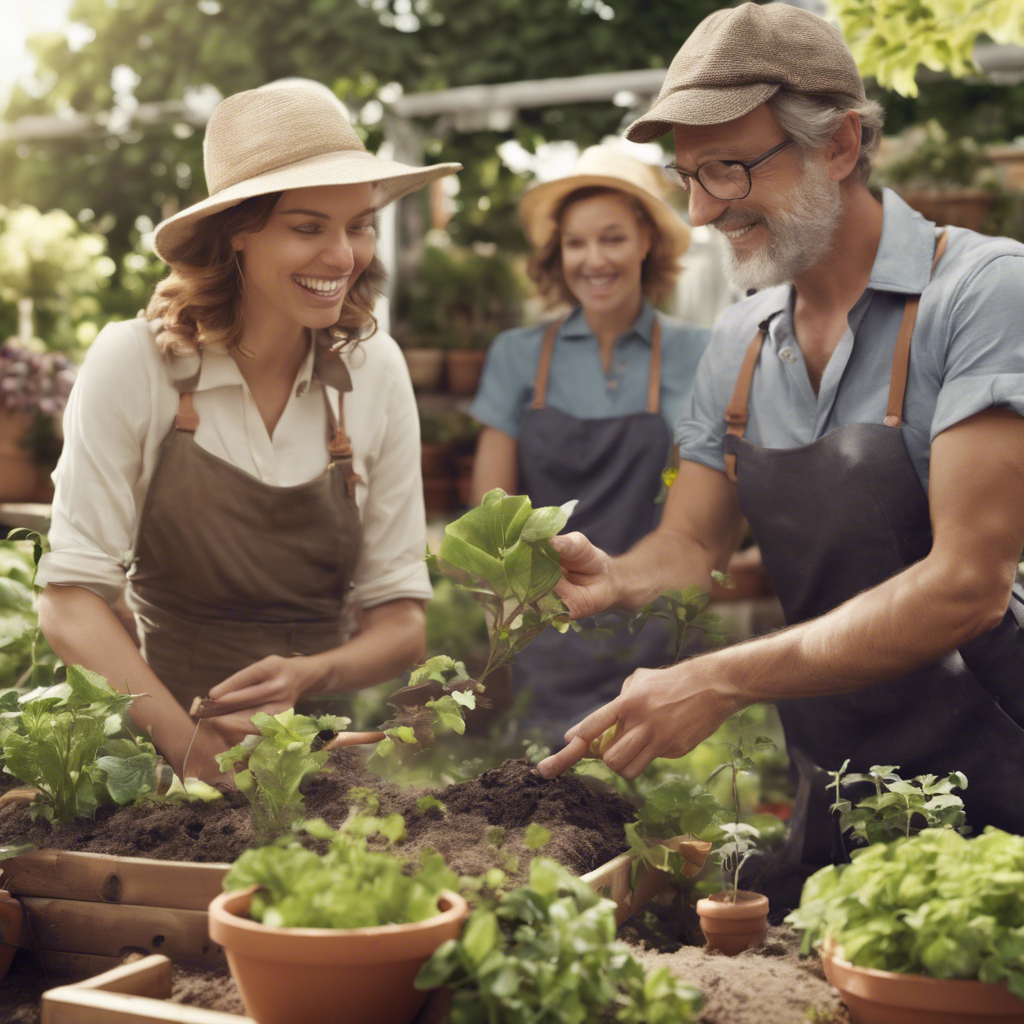Welcome to the world of organic gardening! If you're looking to bring sustainability and eco-conscious living into your daily routine, organic gardening is the perfect place to start. Not only does it allow you to grow your own pesticide-free fruits and vegetables, but it also contributes to a healthier environment and a greener future for generations to come. Let's dive into the wonderful world of organic gardening and discover how you can master this art for a sustainable lifestyle.
Getting Started
Selecting the Right Spot
The first step in your organic gardening journey is choosing the perfect spot for your garden. Look for an area that receives ample sunlight and has good drainage to ensure your plants thrive. Whether you have a sprawling backyard or a small balcony, there's always a way to create a green paradise.
Prepare Your Soil
Healthy soil is the foundation of a successful organic garden. Enrich your soil with compost or organic matter to provide essential nutrients for your plants. Building a compost bin is a fantastic way to recycle kitchen scraps and yard waste while creating nutrient-rich soil for your garden.
Choose Your Plants Wisely
When it comes to organic gardening, it's essential to select plants that are well-suited to your climate and soil conditions. Research which fruits, vegetables, and herbs thrive in your region and plan your garden accordingly. Consider companion planting to naturally repel pests and enhance growth.
Sustainable Practices
Say No to Chemicals
One of the core principles of organic gardening is avoiding synthetic pesticides and fertilizers. Instead, opt for natural alternatives like neem oil, insecticidal soap, and compost tea to nurture your plants and keep pests at bay. By eliminating harmful chemicals, you create a safe and sustainable environment for your garden.
Water Wisely
Conserving water is key to sustainable gardening. Install a rain barrel to collect rainwater for irrigation or set up a drip irrigation system to deliver water directly to plant roots. Mulching your garden beds helps retain moisture and reduce water evaporation, ensuring efficient water use.
Encourage Biodiversity
Invite beneficial insects, birds, and pollinators into your garden by planting native flowers and creating habitat areas. Beneficial insects like ladybugs and lacewings act as natural pest control, reducing the need for chemical interventions. Embracing biodiversity promotes a healthy ecosystem within your garden.
Celebrate Your Harvest
Enjoy the Fruits of Your Labor
As your organic garden flourishes, reap the rewards of your hard work by harvesting fresh, nutritious produce. There's nothing quite like the satisfaction of picking a ripe tomato or plucking a fragrant herb from your garden. Share your bounty with friends and family, spreading the joy of homegrown goodness.
Preserve and Share
Extend the life of your harvest by preserving fruits and vegetables through canning, pickling, or freezing. Create delicious jams, sauces, and pickles to savor the flavors of your garden all year round. Sharing your homemade preserves with loved ones fosters a sense of community and connection.
In conclusion, organic gardening is not just a hobby but a way of life that fosters sustainability, self-sufficiency, and environmental stewardship. By embracing the principles of organic gardening, you not only nurture your plants but also contribute to a healthier planet for future generations. Start your organic gardening journey today and witness the beauty and abundance that nature has to offer.

Let's cultivate a greener future together through the power of organic gardening and sustainable farming. The seeds you plant today will blossom into a more vibrant and eco-friendly tomorrow. Happy gardening!
Comments